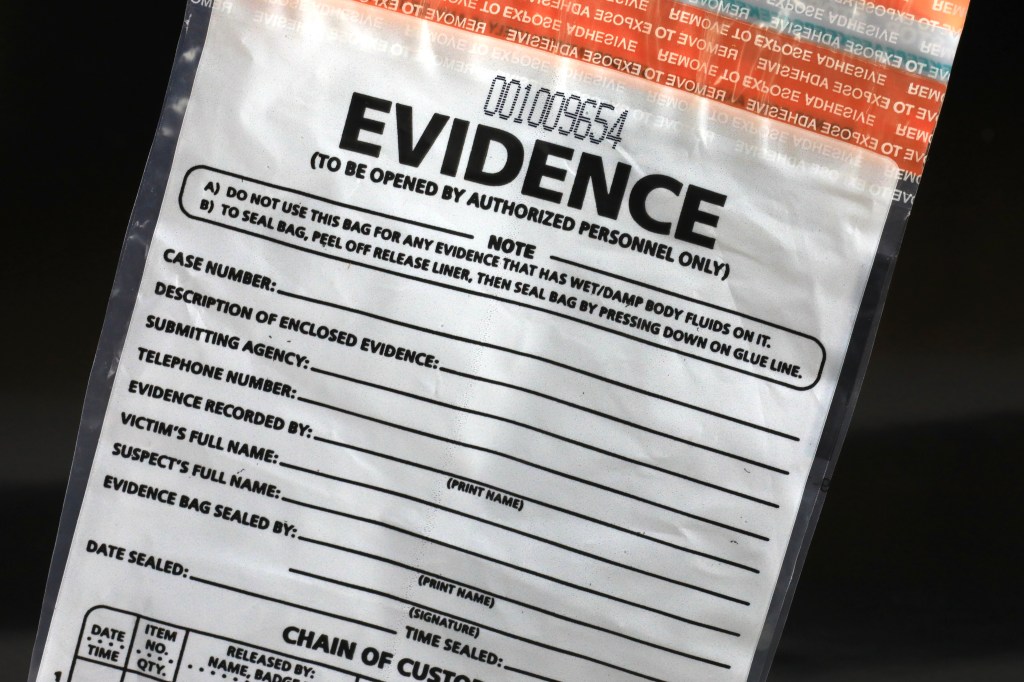Uber is at the centre of another unwelcome publicity storm involving allegations of sexual assault against its drivers. Official figures, requested under British freedom of information laws, show that 32 allegations of sexual assault and rape were reported to London’s Metropolitan Police in the period between February 2015 and February 2016.
The figures were obtained by British newspaper the Sun. They come less than a year after Uber apologized for an incident in which a Delhi-based driver was found guilty of raping a 26-year-old female passenger. Meanwhile, in November 2015 a British Uber driver was jailed for eight months after being convicted of sexually assaulting a lone female passenger in his cab.
Videos by VICE
Allegations of sexual assault and harassment have long plagued the world’s biggest ride-sharing company. Uber, for its part, denies that its services are unsafe. A spokesperson told Broadly, “All drivers who use the Uber app in London are fully licensed by Transport for London and have undergone exactly the same enhanced DBS [criminal background] checks as black cab drivers, teachers, and care workers.
“We take any allegations of this nature very seriously—we work closely with the police on their inquiries and prevent drivers from using the app while investigations take place. Our GPS technology also means that every trip—more than one million in London each week—is electronically recorded.”
Broader questions are being asked about how Uber responds to allegations of sexual assault and harassment, and what systems they have in place for passengers to report issues. A Buzzfeed investigation from earlier this year found that the company received five rape claims and 170 allegations of sexual assault in the US between December 2012 and August 2015. (At the time, Uber responded by emphasizing, “No means of transportation is 100 percent safe.”)
But if your driver physically or verbally assaults you (or is just generally a Grade A creep), what can you do?
Read More: Can Concussions Lead to Rape?
An Uber spokesperson told Broadly that when such incidents are reported through the feedback function on the app, the company launches an internal investigation. “Our policy with any serious allegation is to speak to both the rider and partner-driver about the incident and prevent the driver from using our app while we investigate.
“If the rider feels that a crime has been committed, our team will encourage them to report it to the police and will support the authorities with their investigation.”

Screencap via YouTube
Disturbingly, Uber drivers who have been investigated by the police for rape or sexual assault could end up working for the service again. While all drivers are suspended during periods of active investigations, Uber confirmed that it makes the decision to reinstate a driver on a case by case basis if their case is dropped.
Given that only 28 percent of rape cases result in a prosecution (and that many undetected rapists are repeat offenders), the system is hardly watertight. It’s not inconceivable that an Uber driver with multiple allegations against their name could still end up taking you home.
In Uber’s defence, it’s worth pointing out women suffer sexual violence in every transport system and mode of transportation in the world, whether it’s sexual assaults on packed subway trains or London’s iconic double-decker buses. Today’s figures also show 122 allegations of rape or sexual assault against other London taxi drivers (including black cabs, which don’t exactly have a perfect record when it comes to sexual assault, either). According to Uber’s internal figures, over a million trips are taken in London each week, meaning that 32 allegations of sexual assault or rape represent a very small proportion of the overall whole.
London’s Metropolitan Police said in a statement: “The MPS has a dedicated Cab Enforcement Unit, part of the Roads and Transport Policing Command (RTPC), which is responsible for enforcing the law relating to taxis and private hire vehicles in London. It works closely with the Safer Transport Teams and local borough police on joint operations to tackle touting and other cab related offences, with a specific focus on reducing sex offences in cabs through detection and deterrence activities.”
Broadly also reached out Transport for London, which is responsible for regulating the private hire vehicle market, but they did not return our request for comment.



